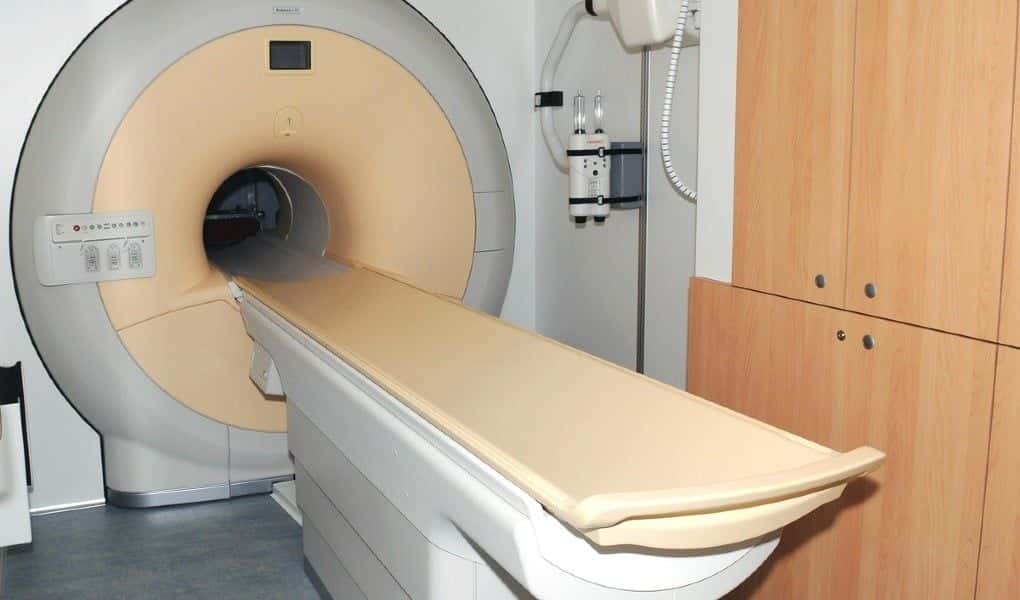Case Summary
This case involves a man who presented to the emergency room with a chief complaint of abdominal pain. A CT scan indicated that he had appendicitis. The radiologist’s report demonstrated acute appendicitis along with a three-centimeter mass on the left kidney. The radiologist reported that malignancy cannot be excluded and recommended a follow-up for the mass.
The radiologist did not inform the patient about the kidney mass. The general surgeon who performed an appendectomy also failed to tell the patient about the kidney mass presence. The surgeon also failed to recommend a follow-up of the findings. Years later, the patient began unexpectedly losing weight and scheduled a visit with his primary care physician. A subsequent CT scan of the abdomen showed the presence of a now four-centimeter mass on the left kidney. The patient then underwent a left nephrectomy, which is the surgical removal of a kidney
The pathology report indicated that the mass was renal cell carcinoma. Since the removal of the kidney, the patient’s medical condition had progressively worsened. Additionally, the discovery of a suspicious lung nodule is currently under investigation. The patient is no longer able to work due to illness.
Case Theory
Non-disclosure of cancer-related information is defined as the act of withholding information about a possible diagnosis of cancer and prognosis. Here, the failure of radiologic findings is below the standard of care. The failure to inform a patient of radiologic findings is an increasing cause of malpractice litigation and poor physical outcome in patients.
The most common cause of medical malpractice litigation in the United States is failure to diagnose. Failed patient communication is also not rare. Data from medical malpractice healthcare insurers indicate the second most common cause of malpractice claims is the failure to communicate the results of radiologic examinations. It’s a factor in up to 80% of malpractice litigation, outpacing misdiagnosis, and failure to diagnose in general.
An additional recent study found that approximately 36% of physicians failed to investigate and inform abnormal radiologic results. An American College of Radiology survey demonstrated that 25% of healthcare providers surveyed acknowledged being the subject of a malpractice lawsuit involving failure of patient communication.
The standard of care in the United States is clear that a physician has a duty to disclose abnormal findings. The physician also has the duty to inform the patient of findings that could potentially affect the patient’s prognosis. The radiologist owed a duty of care to the patient, as did the surgeon. Both breached their duties and violated the standard of care with the failure to notify the patient of his abnormal scan.
Expert Witness Q&A
- What are the risks and indications for choosing laparoscopic versus open nephrectomy?
- What are the expected clinical outcomes of laparoscopic versus open nephrectomy?
- What are the indications for performing partial versus total nephrectomy?
- What are the expected clinical risks of partial versus total nephrectomy?
- What is the standard of care for informing a patient of medical findings?
- Which medical providers were responsible for informing the patient of the kidney mass?
- How did the delay in informing the patient affect clinical outcome and prognosis?
Expert Witness Involvement
Radiology
An expert radiologist can speak to the standard of care for informing a patient of potential findings of cancer. This expert can also testify to the physician’s responsibilities to the patient.
Urology
An expert urologist can speak to the clinical outcome had the patient been informed upon finding the mass. A urologist can opine on the duty to inform the patient of the mass upon removal of the appendix.
Oncology
An oncology expert can speak to the standard of care and likelihood of metastasis of the kidney mass with many years long delay versus no delay upon finding the mass.
About the author
Erin O'Brien
Erin O'Brien is a senior medico-legal writer and editor, with 25 years of experience authoring healthcare deliverables. Previously, Erin authored an award-winning column in the health and wellness sector, guest hosted a wellness radio show, and received an FMA Charlie Award for Excellence in Writing.
Erin has reviewed and completed case studies for thousands of medical malpractice cases, both plaintiff and defense nationwide, and was presented the US Chamber of Commerce Best Small Business Blue Ribbon designation. Erin is an experienced Medical Risk Consultant and device start-up project manager. She has consulted for numerous successful healthcare and bio-tech start-ups. After completing a Bachelor of Science degree at the University Of Wisconsin, Erin pursued an educational background in Healthcare Risk Management at the University of South Florida. Erin crafts her work with attention to detail, readability, healthcare marketing regulations, and medical standard of care.



